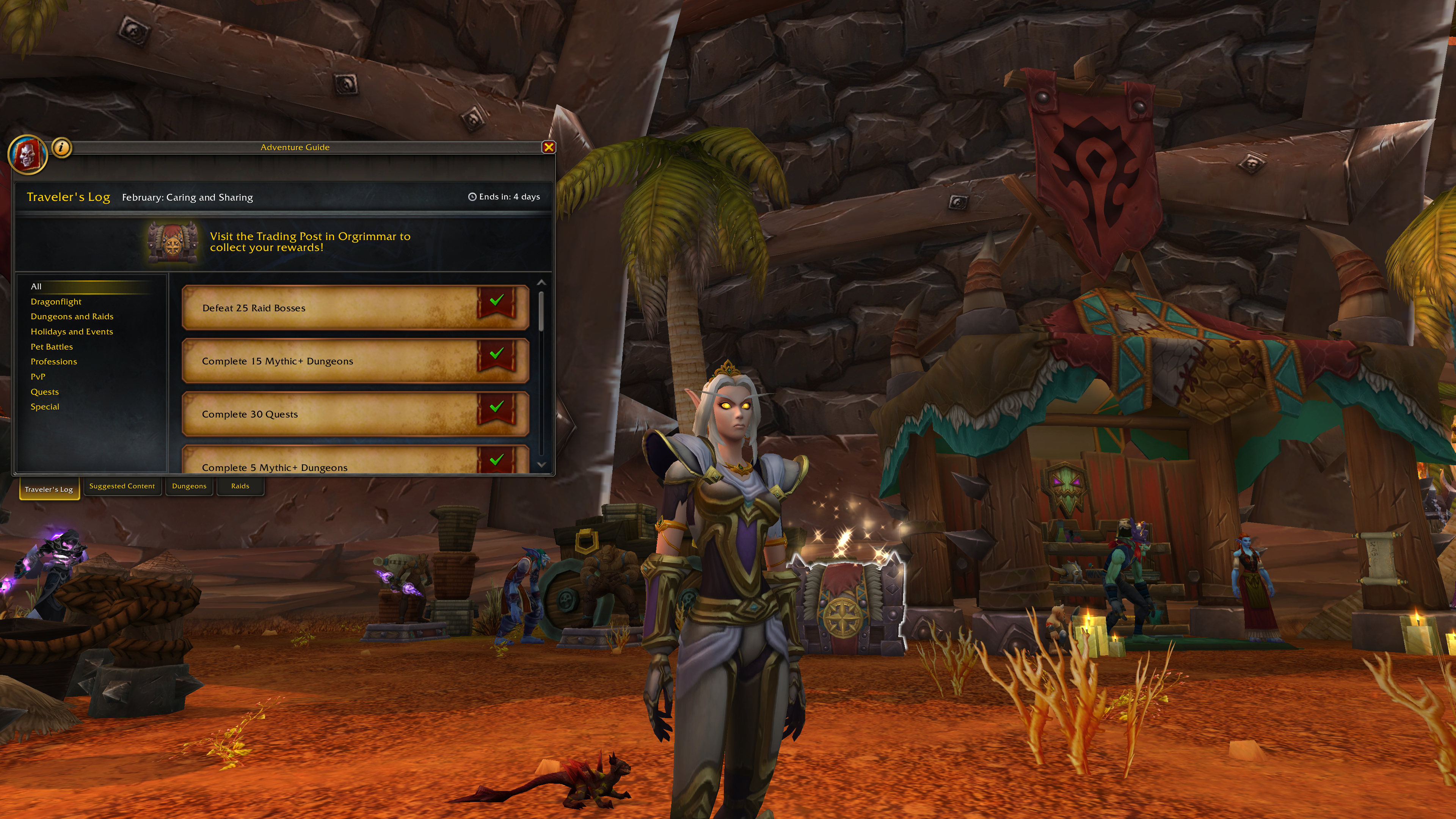
If there’s a single good window for would-be gaming investors at the moment, it may come from the necessity for next-generation data analytics, according to a new gaming sector report from PitchBook.
Online video games produce astonishing amounts of information, even if those games are relatively simple, i.e. a World of Warcraft.
Games-as-a-service, especially titles like Rec Room that involve large amounts of user-generated content, can create so much data that it’s becoming increasingly important for studios to be able to efficiently store, search, and process that data.
With the possibility of generative AI being used to create customized events for players in-game — what the report calls a “transition away from one-size-fits-all gameplay” — that further adds onto the information load being processed by a game’s servers.
PitchBook’s Q3 report also offered updated investment data for the gaming industry. The rate of VC investment in gaming has slowed dramatically in the course of 2023. Deals in the games industry plummeted in number by 50.2% and in value by 67.5% from this time last year.
There were also relatively few exits, however. While the rate of investment has slowed, few current players have cashed out. That’s to be expected given the rate at which video games, particularly big ones, are produced. As we heard from the Microsoft vs. FTC trial earlier this year, a typical mainstream “AAA” game takes an average of five years to create, start to finish. An investor who put money down on a game studio in 2022 might not see a return until 2027 or later.
Another potential point of vulnerability, at least in theory, might have come from the Unity controversy in September. It served to “underscore,” in the report’s terms, how the modern game development landscape is largely split between only two game engines. Many mainstream hits are made using Epic’s Unreal Engine, such as Remnant II, Alan Wake II, or the forthcoming Tekken 8, while roughly 70% of mobile and indie game development happens on Unity.
Unity’s famously cost itself a lot of user goodwill this year, and there are quite a few other engines like Godot that could leap into the breach. The Japanese third-party developer Capcom made a few headlines late last month with reports that it may refine its current RE Engine — the software that powered recent releases like Street Fighter 6 and Resident Evil Village — into a commercial product that could compete with Unreal and Unity.
However, PitchBook is uncommonly blunt here. “The path to disruption for a [game engine] startup is both narrow and steep,” the report notes, “and our funding data has yet to surface a meaningful disruptor.”

Other takeaways from PitchBook’s Q3 report include:
- 2022 was the first year since 2014 where the size of the mobile gaming market actually declined, which PitchBook attributes to “increased competition, fluctuations in discretionary income, and rising acquisition costs following Apple’s IDFA updates.” Apple’s recent iPhone 15 announcements could buoy the market, but at the same time, roughly 80% of mobile game development runs off of Unity.
- Cloud gaming is still a going concern, with significant audience interest, but in PitchBook’s view, it’s hamstrung by issues like inconsistent 5G access and datacenter placement. In theory, more powerful smartphones and smart TVs will continue to expand the use cases and market appeal for cloud gaming, but for right now, the cloud is primarily only attractive to publishers/developers. There’s value here, but it’s mostly in preparing for a future market that might never arrive.
- Web3, or ”play to earn” games, haven’t gone anywhere, though they’ve fallen out of the limelight in 2023 due to the rising prominence of AI. Companies like Ubisoft and Zynga are still working on blockchain games, and the Epic Games Store, unlike Steam, hosts several Web3/NFT games like Magic: The Gathering creator Richard Garfield’s Brawlers.
- The market for Web3 gaming is strongest in Japan and South Korea, but the overall format still has issues with player onboarding and, frankly, the quality of the games. There has yet to be a serious “killer app” for Web3 that’s broken into the mainstream; most of them are toys for people who are already hip-deep in at least one NFT/crypto ecosystem.
- Notably, the greater games industry is “polarized” on the subject of blockchain gaming. The report cites a survey from this year’s Game Developers Conference in San Francisco where a full 75% of respondents were “not interested” in blockchain technology.
- The number of layoffs in the international games industry has hit a crisis point, with 7,100 employees affected at time of writing. PitchBook blames this on “decelerating growth and macroeconomic headwinds,” accompanied by “existential questions about the role of AI in game development.” At the same time, however, the report notes that “it is worth noting that the gaming industry has experienced healthy job growth throughout the decade.”
- Microsoft’s finalized acquisition of Activision Blizzard, while mentioned, happened too late in the year to fit into this report’s data window.



